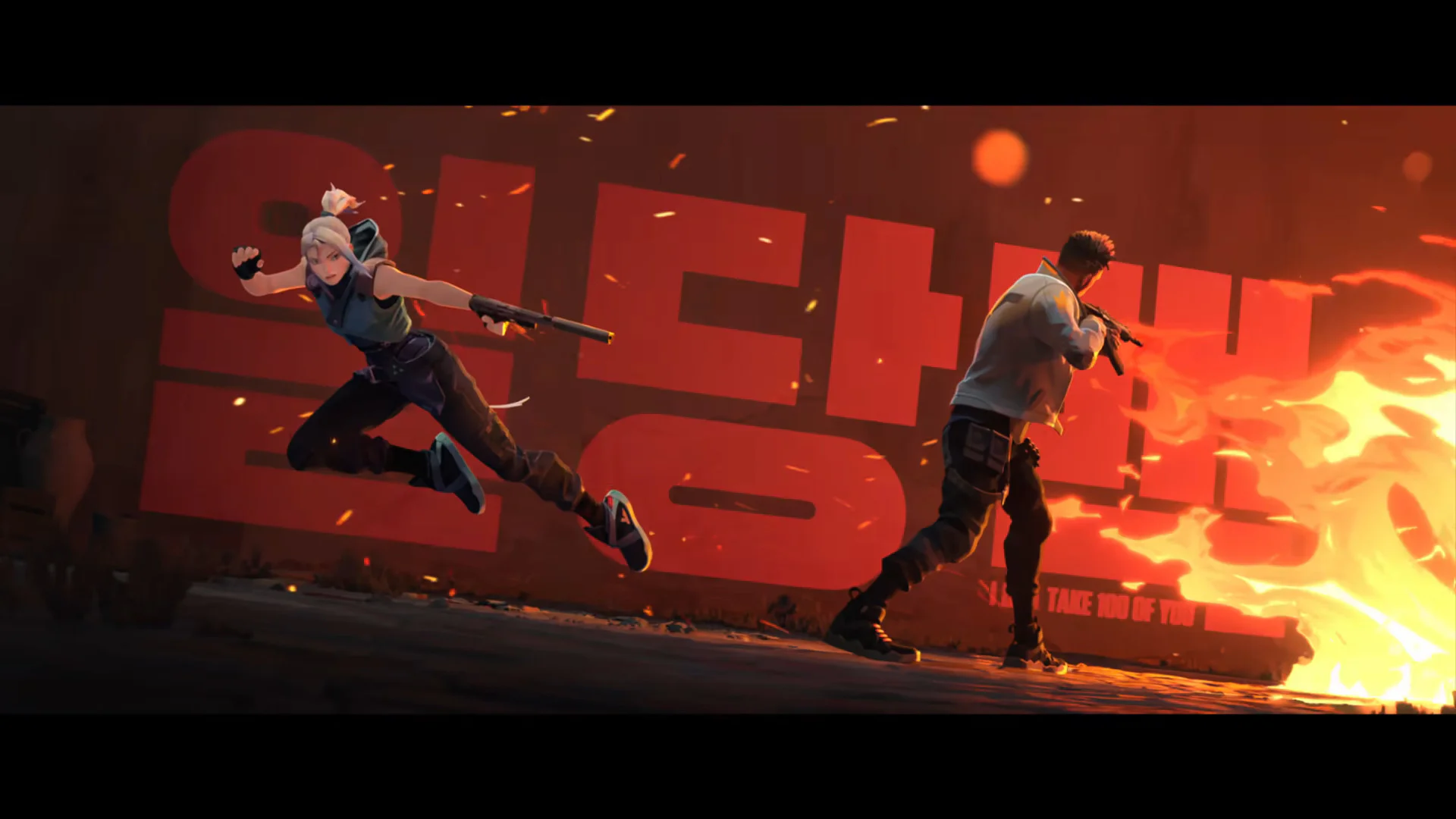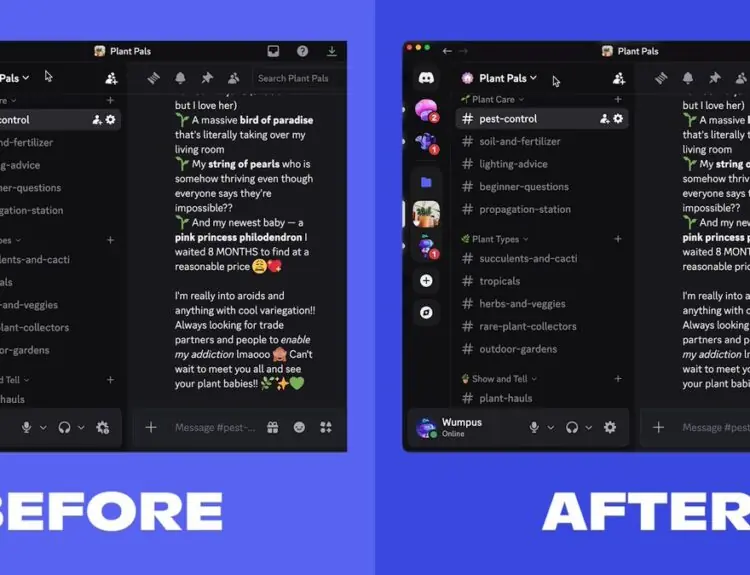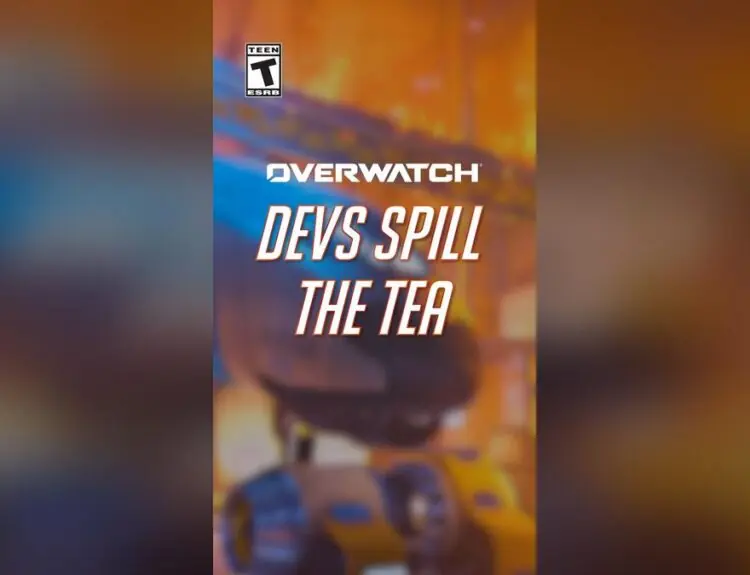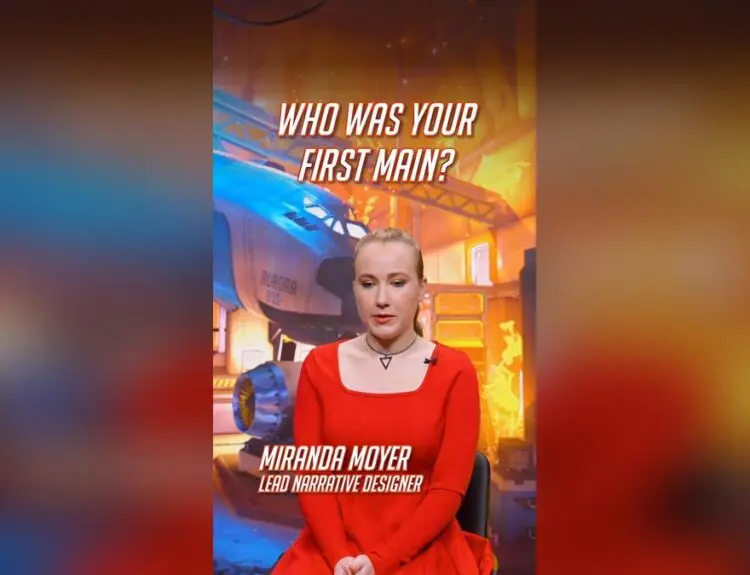Riot’s hot new competitive first-person shooter, Valorant, has continued to make headlines ranging from fall-out from Counter-Strike’s match-fixing allegations to outlandish prices for weapon skins. Granted, also a flurry of independently-ran tourney’s that gives everyone an inside look at how professional teams are beginning to form while players shift en-masse from other titles towards Valorant.
Yet the title isn’t entirely unique; it matches up the skill-based shooting of Counter-Strike (heavily nerfed to a more casual audience with mechanics such as spray-patterns playing a lesser role) and the abilities of Overwatch that aren’t spammed ceaselessly, and used more as utility for rounds.
With this in mind, one may be wondering precisely how Riot is planning on making Valorant into a titan of industry as the titles it borrows from have become in a crowded marketplace.
The easiest answer is obnoxiously simple: Riot is actually working on their title in response to feedback.
Blizzard faced massive backlash after it came to light that they simply walked away from Overwatch to begin work on Overwatch 2, leaving players with stale metas and busted characters that skewed competitive results for well over a year. Then they shake-up metas monumentally shortly before massive tournaments, skewing competitive results yet again as teams that were dominant suddenly flounder to figure out strategies.
They actually championed the ability to retain cosmetics from the first title over to the second, as the spooky ‘powers that be’ wanted fans to reinvest entirely into the second iteration, that many are figuring will be left wayside yet again for the inevitable third title until people actually wise up.
Brigitte, Baptiste, Moira: all characters that were devised under this period that has caused a bit of friction within the player base as to whether or not they match the originally-crafted character abilities, to say nothing of the hamster that similarly caused a bit of a stir regarding how well the character actually fit in the lore.
Could use this for valve as well 🙂
— fl0m (@fl0mtv) September 23, 2020
Overwatch head Jeff Kaplan was quoted as stating that Winston was a bit of a stretch that almost didn’t make it into release, yet it wasn’t too far of a stretch for a science-fiction setting.
On the other hand, Valve has been more than willing to let Counter-Strike: Global Offensive fester in a myriad of issues, ranging from repetitive map pools (that haven’t been expanded in well over a year with considerable changes), a grotesque cheating problem leading to the rise of third-party services that actually attempt to combat said cheating, and microcosmic patches that either alter prices for weapons or small map changes such as door placement.
They primarily have been more than content to sell community work for new loot boxes (and have managed to continue to avoid backlash thanks to the community pricing and trading that the Steam platform offers) ranging from graffiti to gloves, with prices on some items climbing well into the six-figure range.
This isn’t to say either title is particularly ‘bad’: we’ve often spent time defending Counter-Strike as a legend of esport with its brilliant strategy and frantic gunplay that is often imitated yet never replicated. Overwatch, as well, has brought the team-intensive environment from Team Fortress 2 into the esport league and popularized it with massive levels of polish and showmanship that other developers look at with envy.
Yet the inaction from both of these studios regarding community concerns and complaints, whether due to the developers personal perspective of from pressure of boring suits in offices, is precisely what is going to give Valorant such a massive opportunity to take their title (and the surrounding community) into legendary status.







